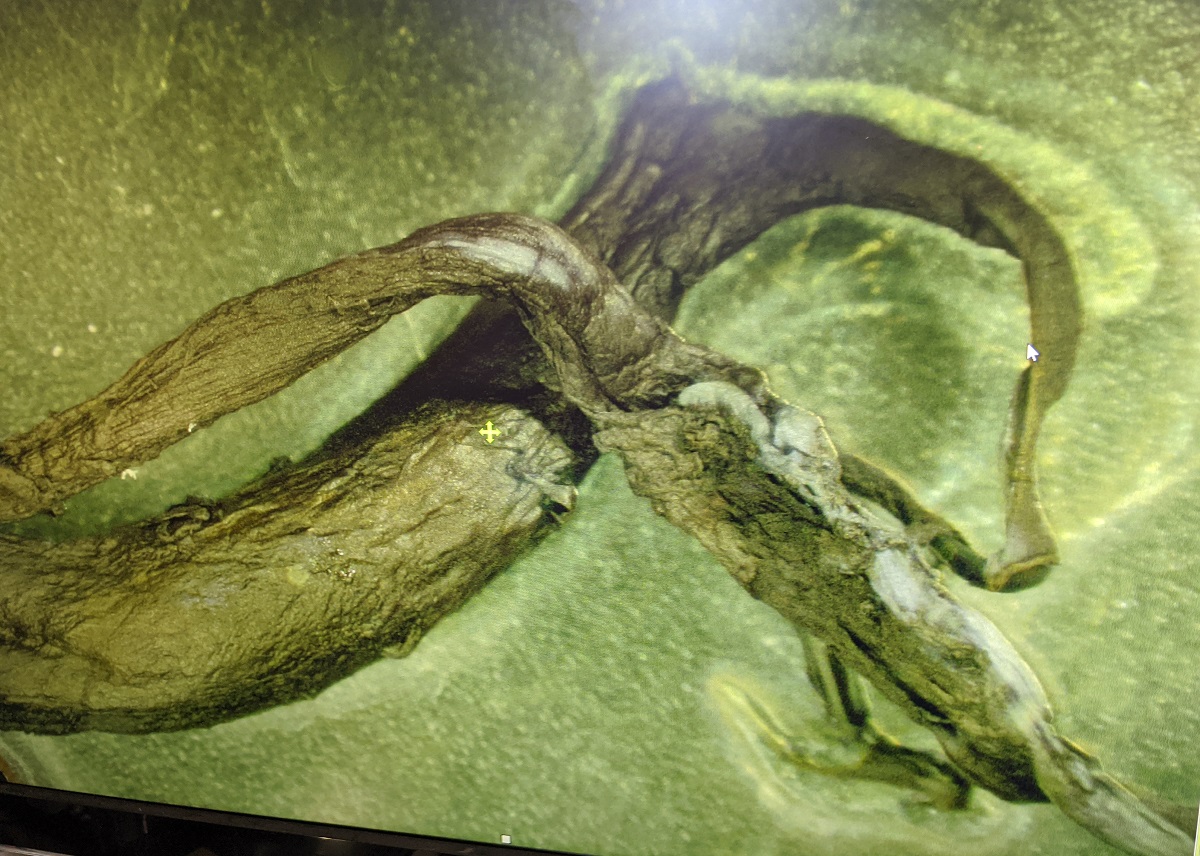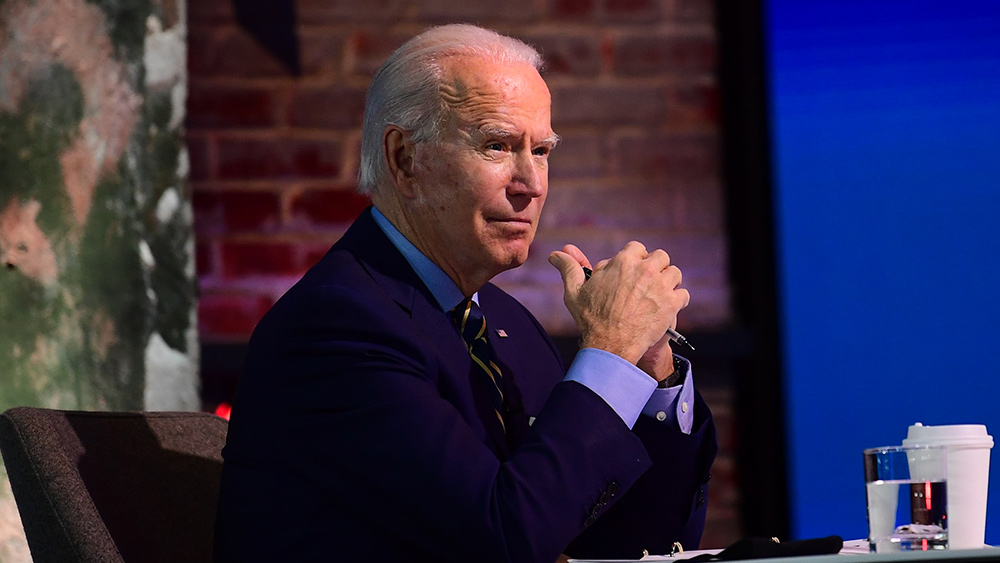Trump signs NASA funding bill, hopes to send humans to Mars
03/22/2017 / By JD Heyes

President Donald J. Trump has signed legislation aimed at funding the National Aeronautics and Space Administration (NASA), in what may become a down payment on a future manned mission to Mars.
As reported by The Hill, the bill’s authors and sponsors – including Sens. Ted Cruz, R-Texas, and Marco Rubio, R-Fla. – were in attendance in the Oval Office for the signing.
Known as the NASA Transition Authorization Act, the law provides the space agency with 19.5 billion in funding for fiscal year 2018, while requesting that the agency come up with a plan to send a “crewed mission to Mars in the 2030s.” Trump only requested $19.1 billion, which was a modest funding cut, but he wound up signing a larger funding measure.
The legislation also asks NASA to develop ways to “extend human presence, including potential human habitation on another celestial body and a thriving space economy in the 21st century.”
Manned missions to the moon took place in the late 1960s and early 1970s with the Apollo missions, but no manned celestial travel has occurred since. Beginning in the 1980s and stretching into the 2000s, the U.S. conducted several manned Space Shuttle missions and helped build and support the International Space Station, which is still manned. (RELATED: Read 7 “Earthlike” Planets Just Under 40 Light Years Away; Could Hold Life.)
But sending a manned mission to another planet – Mars, in this case – with the aim of colonizing it at some point, is a major step forward, both for human civilization and for NASA.
The current funding legislation may wind up being a down payment on that future mission, if the technology can be developed to make it happen.
While interstellar travel may not happen anytime soon, there is some push from an unlikely source to return to and colonize the moon first – from Amazon owner Jeff Bezos. He has been lobbying the Trump administration to begin unmanned cargo missions to the moon by 2020, with the goal of eventually constructing living quarters and sending humans there.
Bezos envisions a startup he owns – Blue Origin – to partner with NASA on the project, as reported by Space.news.
According to additional reporting by the Washington Post, which, perhaps not so ironically is also owned by Bezos, Blue Origin is in the process of circulating a seven-page white paper to NASA’s leading officials and the Trump administration, informing both of the company’s interest in teaming up for the projection. The plan is to jointly develop a spacecraft that could land on the moon near a crater at the south pole, where supposedly there is water and nearly continuous sunlight for solar power.
The Post noted further that the white paper asks NASA to also support Amazon-like shipping services for the moon that would deliver equipment to conduct experiments, additional cargo, and habitats by mid-2020, thereby creating a “future settlement” of the moon.
Space.news noted that the last person to walk on the moon was Apollo 17 commander Astronaut Gene Cernan, who passed away recently. That was in December 1972. (RELATED: Read An Exclusive Look At Jeff Bezos’s Plan To Set Up Amazon-Like Delivery For ‘Future Human Settlement’ Of The Moon.)
Supporters of the project believe that a permanent moon settlement could facilitate additional space exploration and, eventually, additional colonization of our solar system. “I think that if you go to the moon first, and make the moon your home, then you can get to Mars more easily,” Bezos said.
It may happen. NASA, which has seen cuts to key space exploration programs, is keen to work with the private sector on upcoming projects. And given Trump’s goal of getting to Mars, as well as his entrepreneurial background, it’s likely that the American space agency will make new friends within the private sector in the years to come.
Bezos, in particular, seems to be a space enthusiast. Earlier in March, he introduced his company’s New Glenn orbital rocket that many think will carry the Eutelstat satellite to be launched soon. “The rocket will be capable of carrying almost 100,000 pounds of payload into low-Earth orbit and almost 29,000 pounds to geostationary transfer orbit (GTO), which is 22,000 miles higher,” The Space Reporter noted. Keep up with this, and other space related stories as they develop, at Space.news.
J.D. Heyes is a senior writer for NaturalNews.com and NewsTarget.com, as well as editor of The National Sentinel.
Sources:
Submit a correction >>
Tagged Under:
Mars mission, moon colonization, Space, Trump.news
This article may contain statements that reflect the opinion of the author
RECENT NEWS & ARTICLES
COPYRIGHT © 2017 SCIENTIFIC NEWS




















